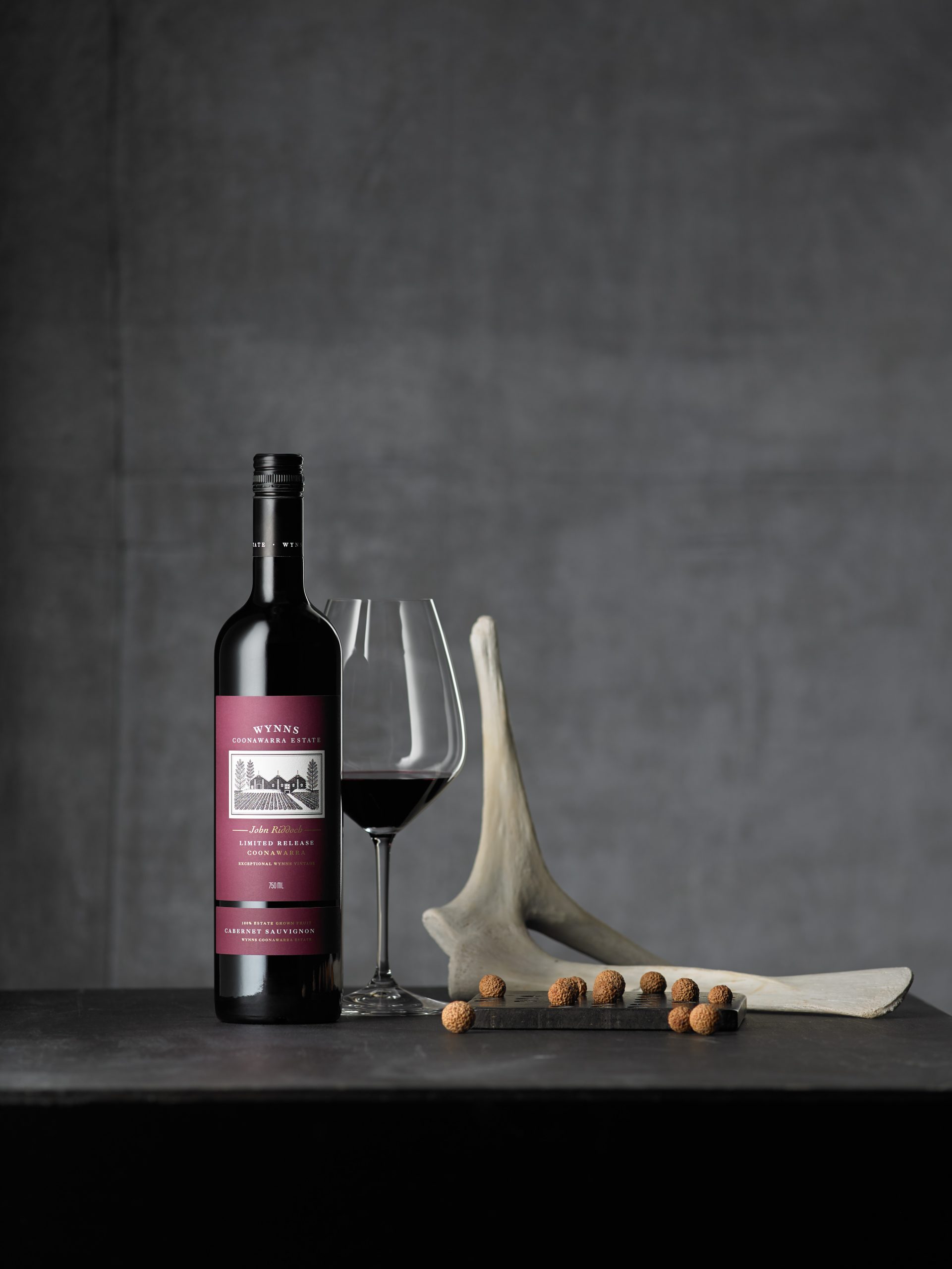Lindo: English producers need to stop aping Champagne
Sam Lindo, chief winemaker of Camel Valley in Cornwall, has spoken out about English producers’ approach to sparkling wine, claiming too many are trying to ape Champagne.
“Too many English sparkling wine producers are trying to make Champagne by using the same grapes and the same winemaking methods. We should be doing something different,” Lindo told the drinks business.
“I think we are the only English sparkling wine producer that makes fizz with a flavour profile you wouldn’t be able to find anywhere else in the world,” he added.
While he uses both Chardonnay and Pinot Noir in his sparklers, Lindo also gives prominence to Seyval Blanc, using around 60% in the estate’s flagship Brut.
“We should be using grapes best suited to our cool climate, that’s why I work with Seyval Blanc, Bacchus, Reichensteiner, Rondo and Dornfelder,” Lindo told db.
Rather than trying to make rich, full-bodied sparklers, Lindo is deliberately aiming for a subtle flavour profile.
“Australian wine pioneer Len Evans once said: ‘taste is best enjoyed at the lowest possible level of perception’, and I’m a big believer in that.
“Big wines tire very quickly – it’s the subtle wines that hold your interest. I want our wines to display an underripe character that reflects their English roots.
Partner Content
“I’m looking for flavours of fruits commonly grown in England: green apple, gooseberry and elderflower in the whites, and strawberry, raspberry and red apple in the rosé,” he said.
Lindo, who sells 40% of his wine at the cellar door, said he doesn’t know from year to year what percentage of still wine Camel Valley will make until harvest time.
“If we can’t make sparkling wine from the grapes, then we’ll make still wine,” he said.
He also spoke of the importance of awards in validating his winemaking ability.
“You’re only as good as your last vintage. It’s hard to accurately judge your own wines, so winning an award is great, as it shows you’ve done a good job,” he said.
As for the 2012 vintage, Lindo said that Cornwall had escaped a lot of the heavy rains that have plagued the rest of the country in recent months.
“We’ve been grateful for this recent sunny spell, but it’s impossible to predict the quality of a vintage until harvest time,” he said.





Sam Lindo’s media-savvy comment that ” English producers should stop aping Champagne” makes a fine splash but his argument does not stack up. The best English sparkling winemakers – Ridgeview, Coates & Sealy, Gusbourne, Herbert Hall, Nyetimber et all – use the three classic Champagne varieties because they sensibly acknowledge that the Champenois still know best which sparkling wines work best in a marginal maritime climate, which southern English counties and the Marne share. As Nick Hall nicely puts it, ” We want an ‘Englishness’ in our wine and I think that comes through terroir – but in our climate the building blocks have to be the three classic varieties, if we are make really fine wine. It is hard to argue with 300 years of experience. Top restaurants want to be able to distinguish English from Champagne so that they have something different to offer – but they also want finesse and real quality.”
line 4 of my reply should read – the Champenois still know best which sparkling wine grapes work best in a marginal maritime climate……
Sam is not alone in his opinion, we have spoken to other wine makers in England that feel the same, and you can not discount the success of Breaky Bottom in Sussex, which produces a 100% Seyval Blanc sparkling wine. Surely there is room in the market for sparkling wines made using the traditional Champagne methods and others that seek to create a truly English sparkling wine.
Richard, I’ve nothing against Seyval Blanc, the one hybrid that makes decent sparkling wine – I have often enjoyed the 100% Seyval sparkler made by Breaky Bottom. And, yes, there is room for classic Champagne varieties and hybridor German varieties, if English producers want to try their luck and make them. Just two observations. I don’t think there’s anything uniquely English about Seyval Blanc: it’s commonly used across the USA for sparkling wines as it’s most resistant to severe frost in that continent’s harsh climate. True English wine, like all fine wine, comes from the terroirs, expressed nowadays by our brilliant leaders in sparkling winemaking working with Champagne grapes. I don’t think Seyval or German varieties are yet in the same league or likely to be so in the foreseeable future. But never say never in wine. best regards